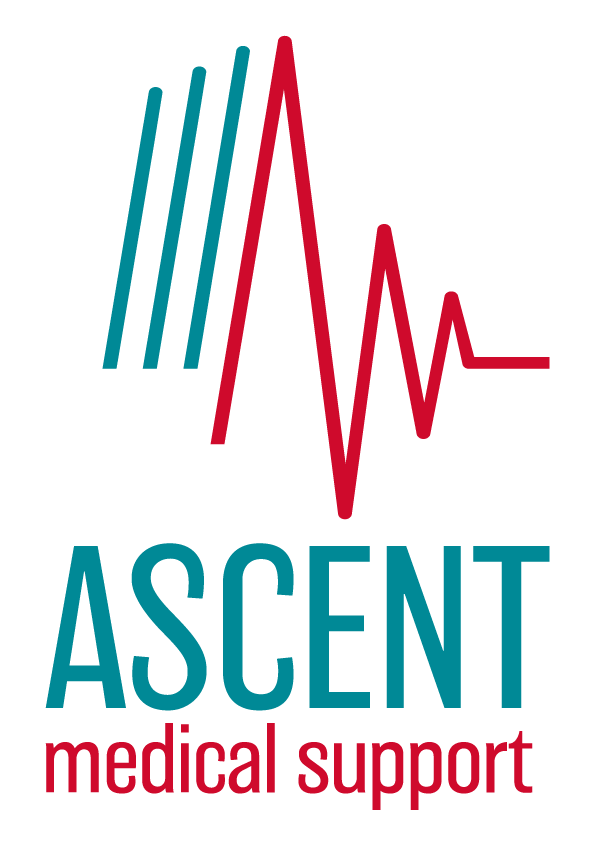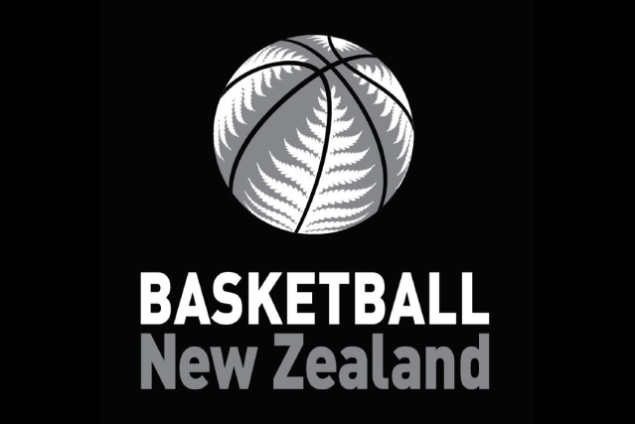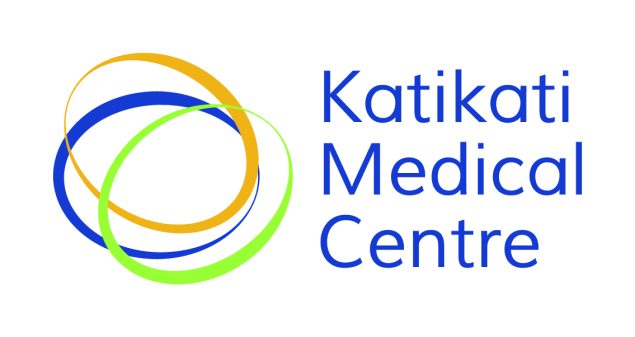Registrar sub-committee update for July 2025
Remember that you can also connect with RNZCUC Registrars via our Facebook group If you are interested in becoming involved with the Registrar Subcommittee please e-mail: regsc@rnzcuc.org.nz 🥳 Social Calendar (Upcoming Events) Informal Winter Social Dinner Date: Saturday 16th August Time: 6:30-8:30 pm Location: Lone Star Manukau, 792 Great South Road, Wiri, Auckland Details: Come…








